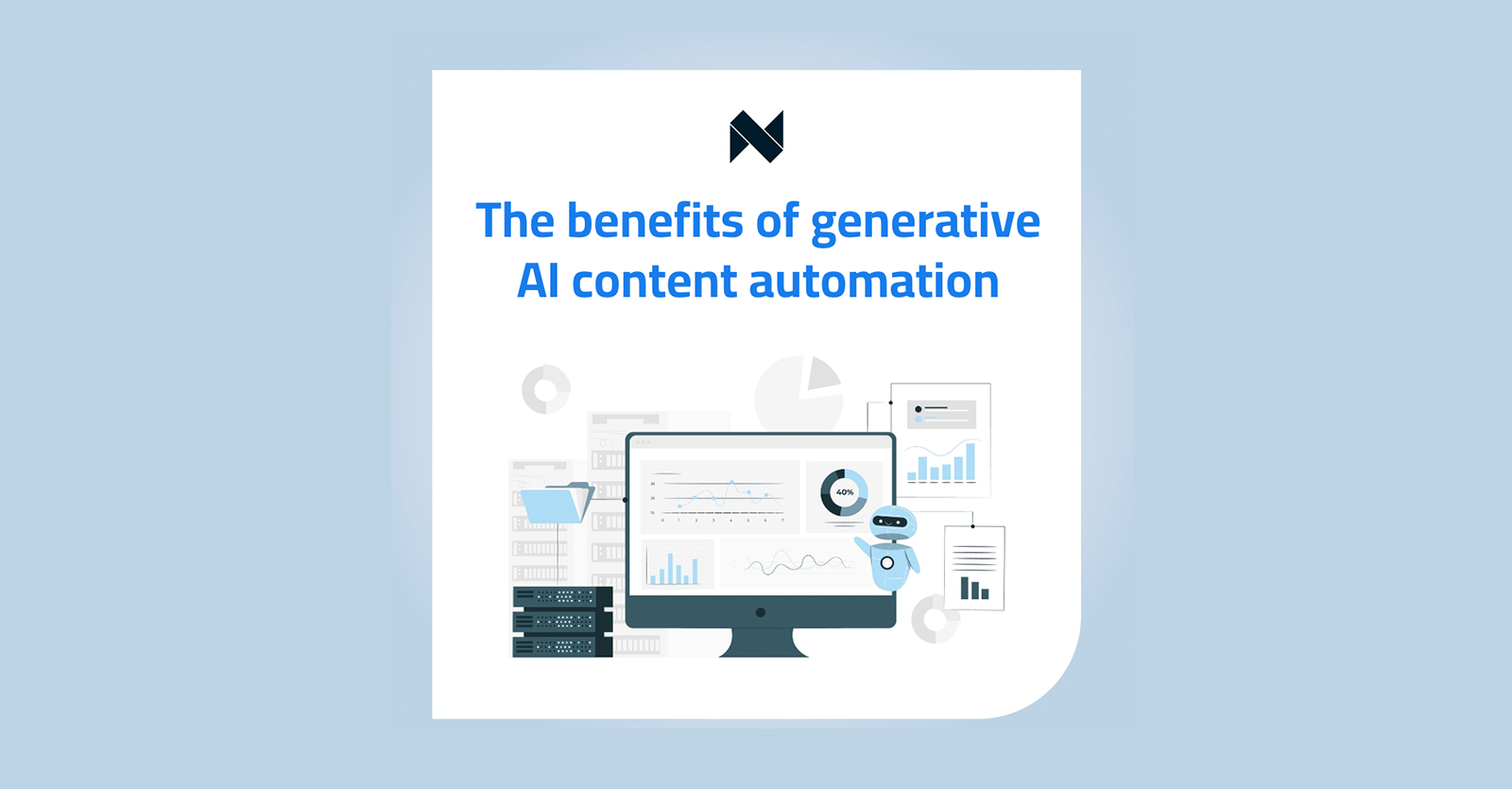October 15, 2020
Artificial Intelligence: Journalism’s Greatest Ally

By Sofía Sánchez González
Throughout history, journalism has been regarded as one of the basic pillars of our society. The media’s influence on social, political or economic issues has often seen it dubbed the “fourth estate.” Not without reason, Joseph Pulitzer believed that there was only one way to maintain a free society, and that was to keep the public informed.
Journalism has undergone numerous transformations over the years: improvements in printing techniques, paper and ink production and communication systems. But none of those changes can quite match up to the arrival of the Internet and of digitization.
Technological advances have always aroused suspicion amongst different groups. Since the 19th century, machines have been perceived as a threat that could end the world as we know it, the world of journalism included. The proliferation of companies dedicated to the creation of automatic content through natural language generation (NLG) has not been well received in all quarters. Some news agencies see it as a threat to their jobs, although nothing could be further from truth.
Why does artificial intelligence signify an advance for journalism? We will offer you a few reasons:
A tool to support, not to replace
Currently, journalists are not limited to writing one article a day. The business model has changed radically with digitization; not only do they write several pieces, but they also have to do it quickly. In a world as fast as ours, an exclusive can be eclipsed by another in just hours. Journalists now need to have a presence on social networks, where their pieces are judged by the number of times they are shared, the number of interactions they receive, etc.
In this context, how can a sports journalist keep an eye on 10 La Liga matches while simultaneously checking what’s happening in the transfer market? Journalism requires time to research and cross-check information, valuable time that cannot be wasted.
This is where artificial intelligence comes in as a tool for support rather than replacement. Via natural language generation, AI is able to write up those 10 matches from a normal day in La Liga in just seconds. This frees up the journalist from repetitive tasks, allowing them to focus on what is truly important: analysis. In addition, the article generated by artificial intelligence can be used as a first draft which can then be elaborated upon by the journalist.
The writer Amalia Iglesias Serna perceives the emergence of artificial intelligence in this way: “We journalists have been interpreting it as a relief from the more mechanical work, which leaves more time for professionals to deal with more substantial journalism.”
Let’s take another example: a journalist investigates a case of possible corruption in the government of her country and receives an envelope in the newsroom, which contains a thumb drive with terabytes-worth of bank transactions. What can she do? Divide the work between all of her colleagues? Even then, it would still take forever. Does she ditch the drive and forget about the investigation? Help is available through artificial intelligence and big data, tools that allow us to detect signals and perhaps uncover a scandal.
In the same way, a journalist specialized in the stock market can receive the help of artificial intelligence to alert him to trends in the market.
The world generates twice as much data from one year to the next. Who is going to analyze all this information? Someone needs to extract the knowledge and put it into terms that humans can understand.
Ultimately, the work of a journalist is essential and will not change. What will change is the way in which they practice their profession, using a model that combines technology and research to achieve better results. The journalist will be much more intelligent thanks to AI and will be able to use tools that already exist to analyze patterns and extract information. In this way, their work will have more impact. It is essential to provide education and training in new technologies for all professions, and that includes journalism. Students should learn about AI and the opportunities it offers for professional development.
A paradigm shift in the media landscape
Most media outlets are already fully aware of the paradigm shift and have begun to generate automatic content to free up their workers from the most mechanical tasks. They use advanced technology to publish more and higher quality content. But not only written content, they also use voice cloning for online media. How does it work and what are the benefits? Find all the info in the link.
In the age of clickbait, the media need to generate a large amount of content in order to benefit from SEO, but journalists cannot be on top of everything. Their job takes time. In this way, artificial intelligence can be the perfect ally for journalists; it is a disruptive technology that allows us to change the status quo, which we already depend on in our day-to-day lives. Therefore, we should not fear machines, but take advantage of their strengths in order to build a better world. Artificial intelligence is not here to destroy industries – but to revive them.
Narrativa
Narrativa was created in 2015 with the goal of transforming data into knowledge in real time. We generate automatic content (both news articles and content for e-commerce) for any field of knowledge: economy, health, science, sport.
Our clients include companies from all sectors: Dow Jones and Wall Street Journal in the financial world, MAPFRE in the insurance sector, media such as 20 Minutos, Sport and Mundo Deportivo. These are leading companies in their sectors who are committed to technology as a tool of adaptation for the future.
At Narrativa we adapt our content according to the needs of our clients, always thinking about SEO optimization and offering the best quality solutions.
Share







